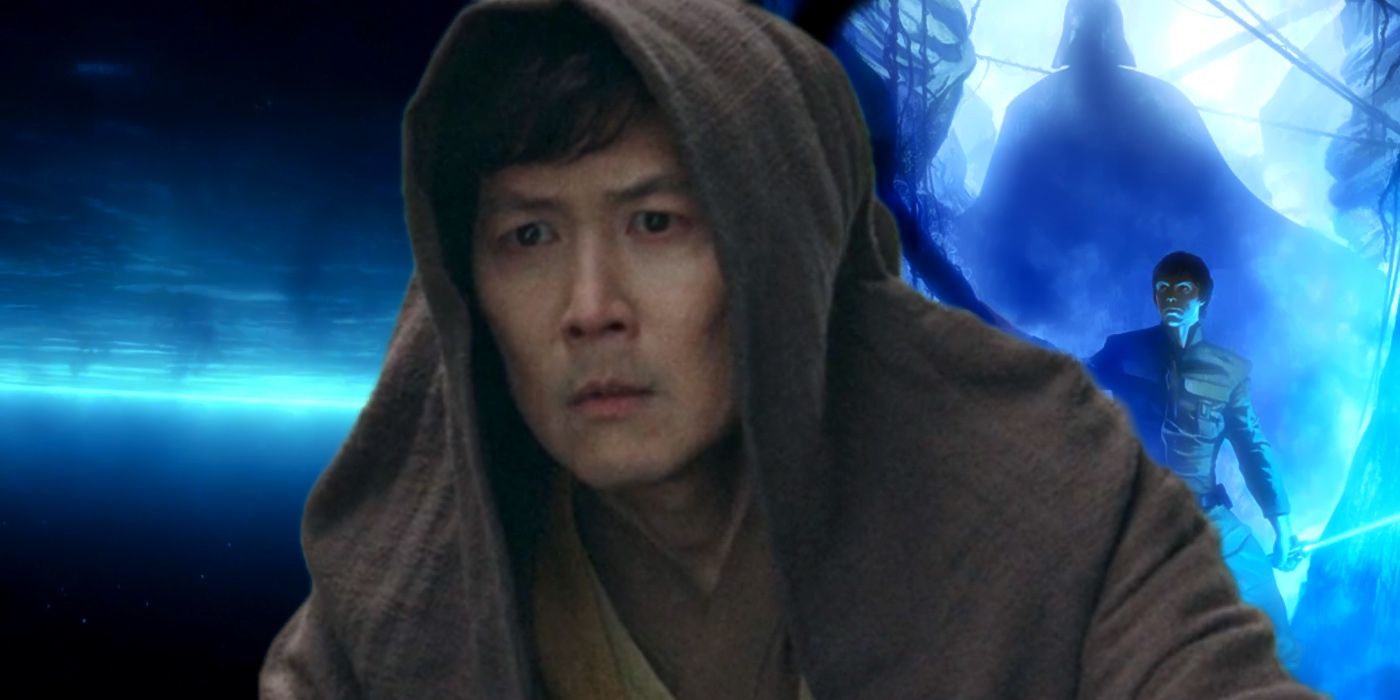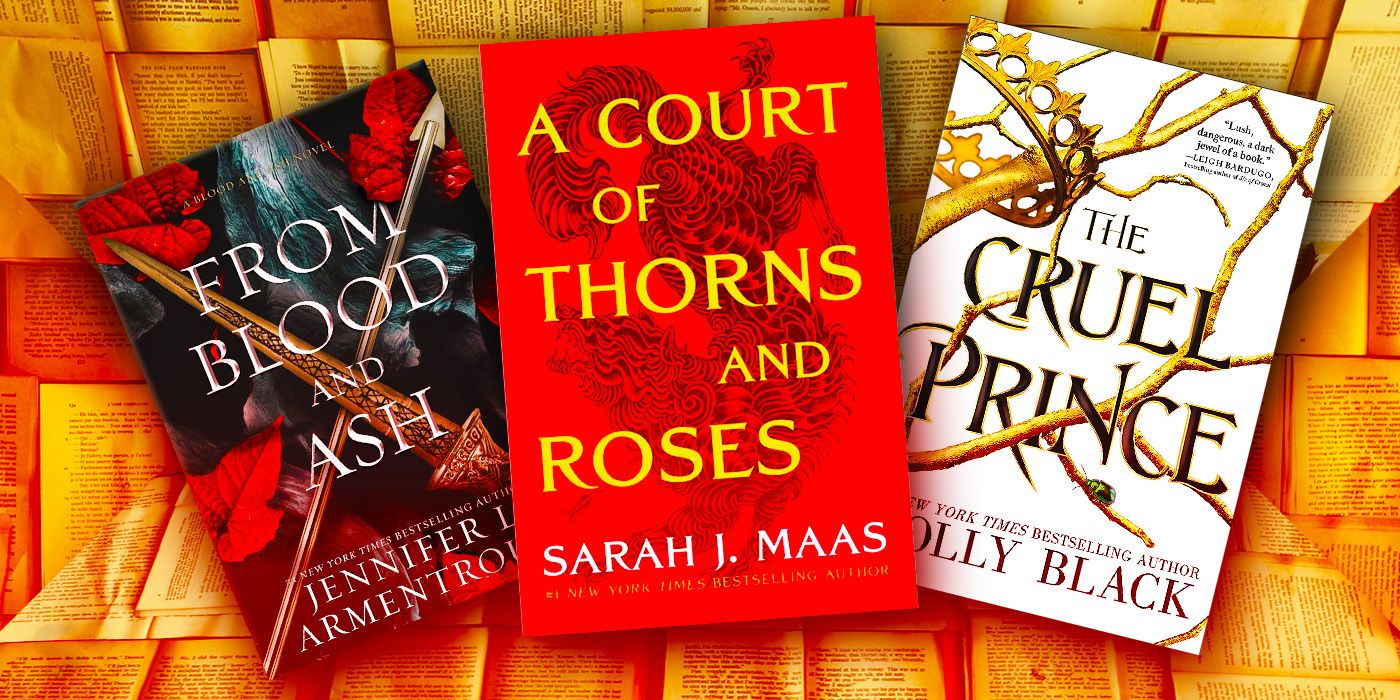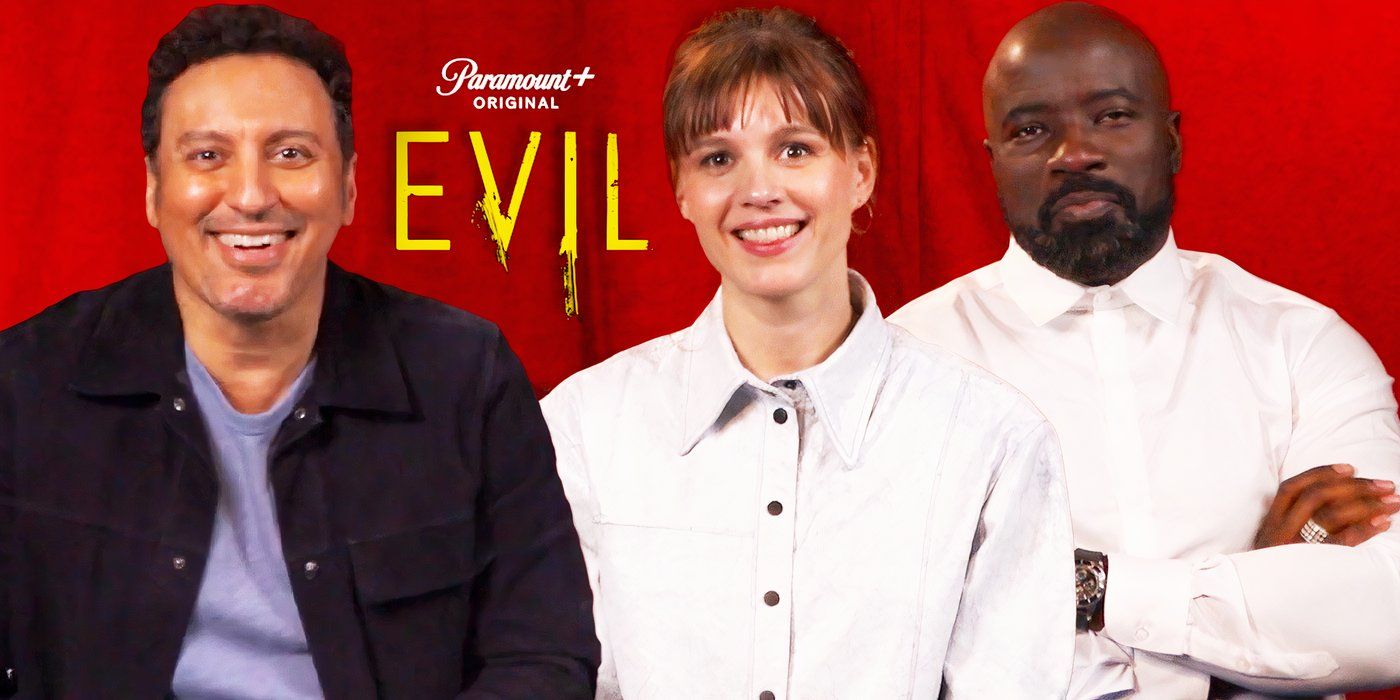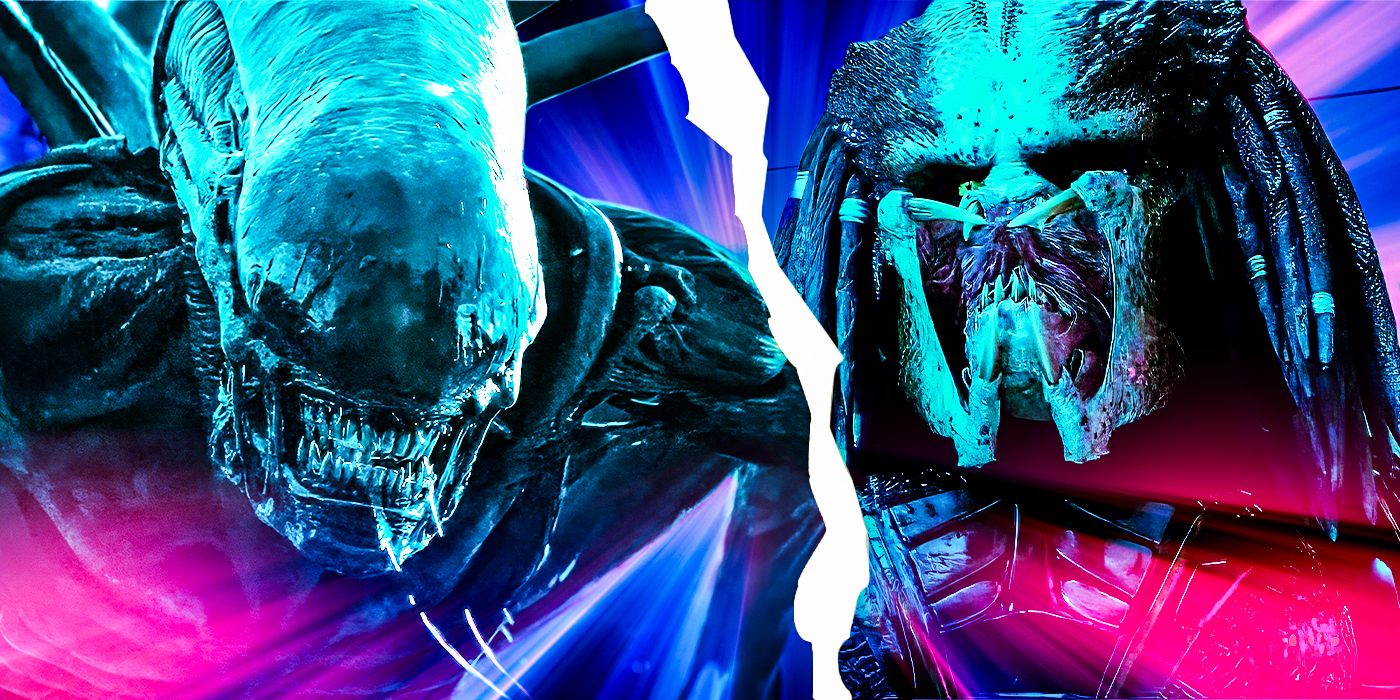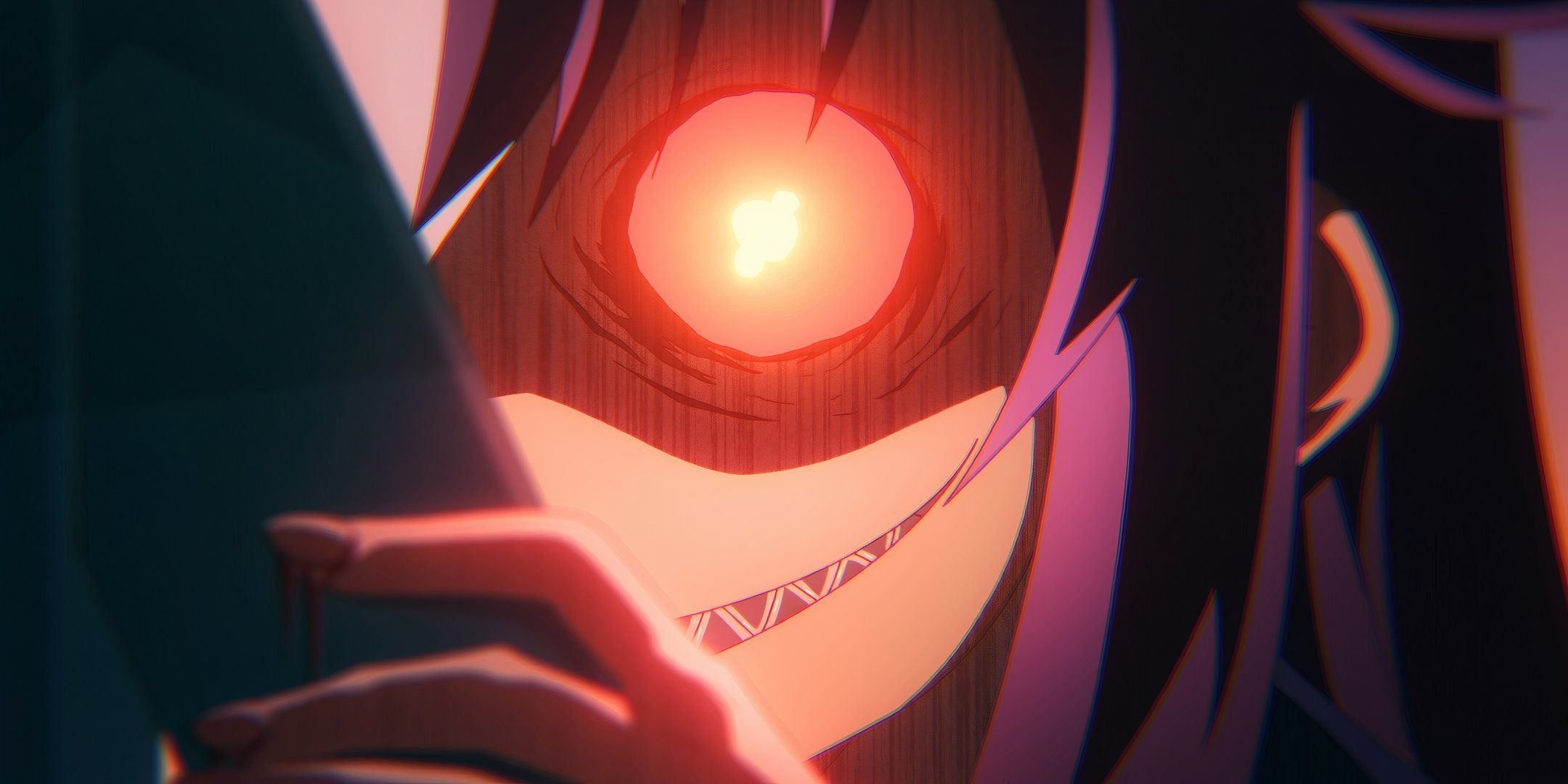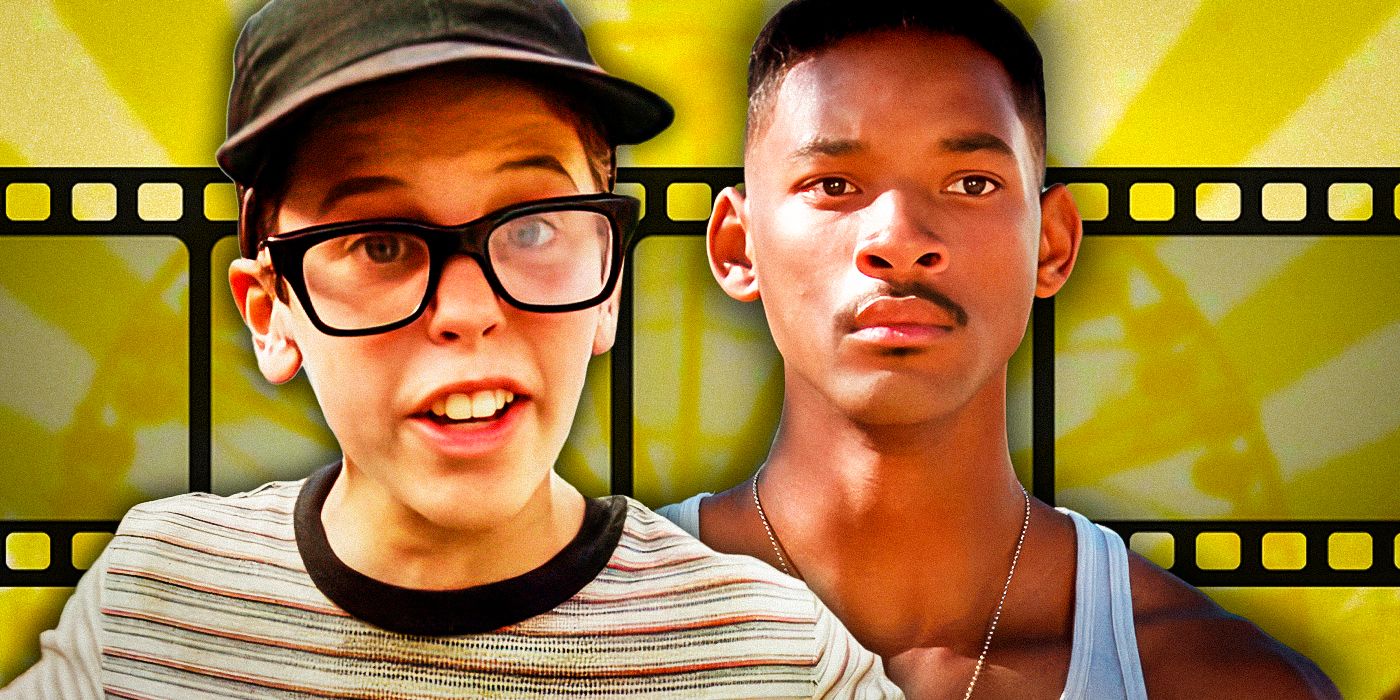Netflix’s Love, Death & Robots is back for volume 3 of the ambitious adult animation anthology. The show is known for its hardcore sci-fi, fantasy, horror, and comedy shorts, and the third season delivers even more animated genre entertainment.
The third season of Love, Death & Robots is a big step for the anthology, including the first animated short from three-time Oscar nominated director David Fincher, in addition to the series’ first sequel, Three Robots: Exit Strategies. Season 3’s nine new episodes also include a lot of big name voice talent as well as a variety of genres and animation styles.
Love, Death & Robot executive producer Tim Miller and supervising director Jennifer Yuh Nelson (both of whom also directed episodes this season) sat down with Screen Rant to discuss the show’s newest installment.
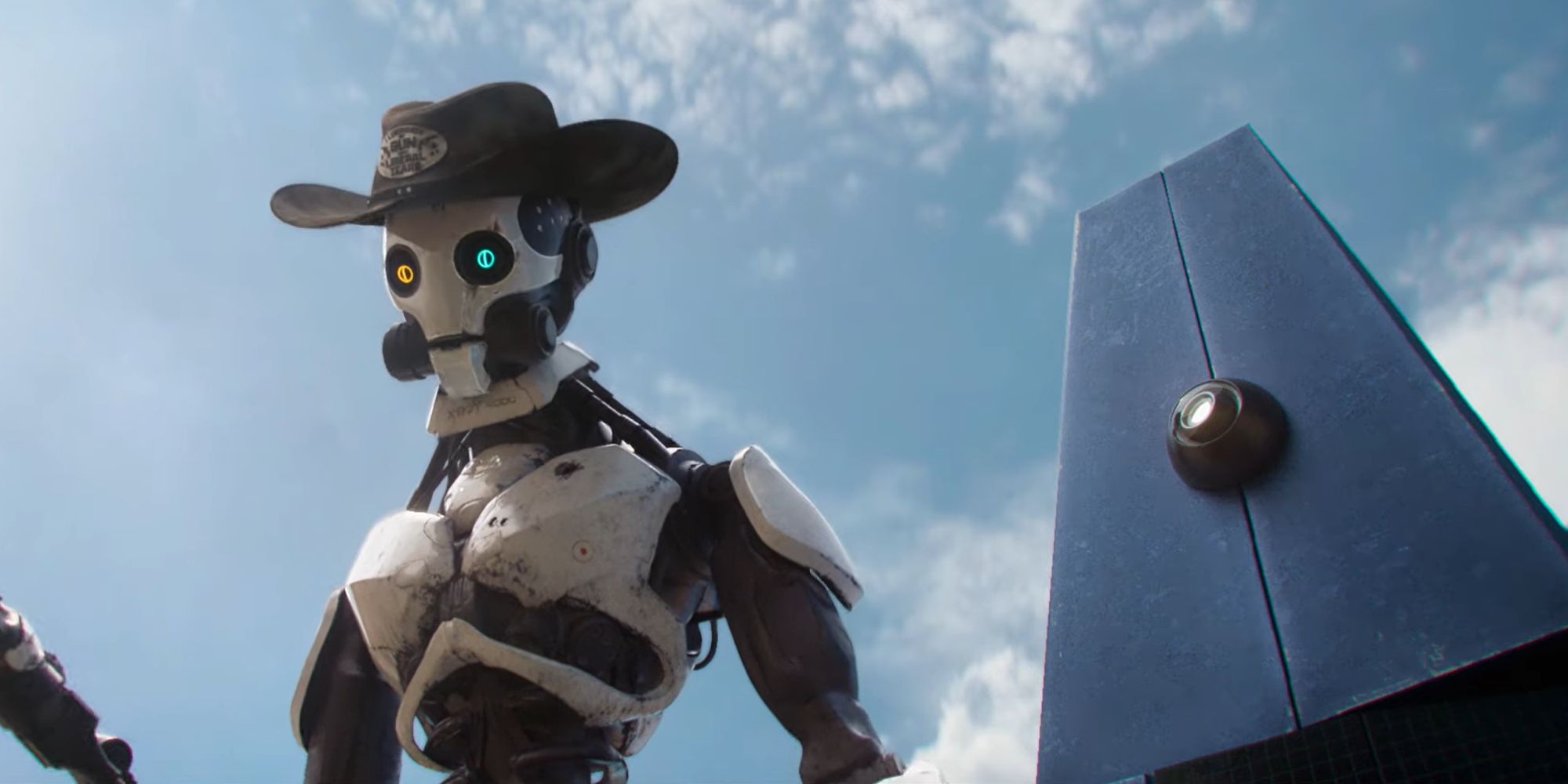
Screen Rant: When you first pitched it or when you were working on the first season, was that something that you anticipated to go on beyond that? What was your longer term expectations for the first season?
Tim Miller: Oh, we always hoped that it would be more than one. In fact, we kind of enticed Netflix with just let us do this one and we’ll prove that. Jim Cameron had an interesting analogy. He said the fans of this material are like the dark matter of the universe. We know they’re out there, we can feel their pull, but you need to do something like this to bring them into the light. And, not that they’re like roaches or anything… terrible analogy. Let me start over!
We always knew that this could be something that a lot of people would like, even though no one had done it successfully before. And the fact that David [Fincher] was involved and his relationship with Netflix meant we could do it at a really high level instead just… I’ll stop there.
It’s interesting you mentioning Jim Cameron and David Fincher. The early vision for this is an extension of or an evolution of the pitch that you guys had for the Heavy Metal anthology, and with that, there was a lot of names attached at different points. I think Guillermo del Toro or Zack Snyder had talked about doing one. Have any of those guys been approached for opportunity or for ideas for any future episodes of the show?
Tim Miller: I would prefer not to say, but I wouldn’t say – we don’t typically go and approach anybody – but there are a lot of fans of the show, and in the genre world, all those guys and girls, and women, are interested in doing animation in this kind of material. So there’s a lot of love for it, even in people that you would think of with live action primarily, there’s a huge love for animation. That’s why David’s doing it. With a long lead. I mean, he fell – he was like, yeah, “let’s f-ing do this” 15 years ago. And he just now did one that’s a man with patience.
These are all exciting and fulfilling on their own. But also on some level, a lot of it feels almost like a proof of concept or a pitch for something bigger. I know, watching season 2, something like “Pop Squad” last season, and I thought, “whoa, how does this get made into a feature length movie?” Has that been something that’s been discussed, or at least what you would like to be able to do with any of these particular episodes?
Jennifer Yuh Nelson: A lot of people ask that question, and I think that each short is conceived as a short, but a lot of them are peeks into worlds that are much bigger. Some of these short stories exist in a larger world, so it’s really short specific on which ones you might want to be able to expand into another, larger sort of format. Something like “Pop Squad.” The world of “Pop Squad,” you put all these shorts, you put as much development as you would into a feature, and we make a 15 minutes short out of it. It’s utterly insane what we’re doing, but we don’t under-develop this stuff. We’re very much making this entire world. And it would be lovely to do something that’s a world like “Pop Squad” on larger scales form that’d be fantastic.
Tim Miller: But I’ve got to tell you, working on a movie for two years, if you are doing your job properly, it’s all you think about seven days a week, 24 hours a day. And no matter how interesting Terminator in the future and everything else is, it’s an intellectual desert of a sort where you’re working on one product for so long. And when I came off Terminator and back onto Love, Death and Robots, which was already underway with Jennifer at the helm? It was just like, “Oh God, you mean I’m not going to be working on the same thing next week and the week after? This is going to be a different idea and I can pick a story to direct. We can do that.” The constant deluge of variety was really special. So, they’re not [teasers] for feature films. It is an art form in and of itself.
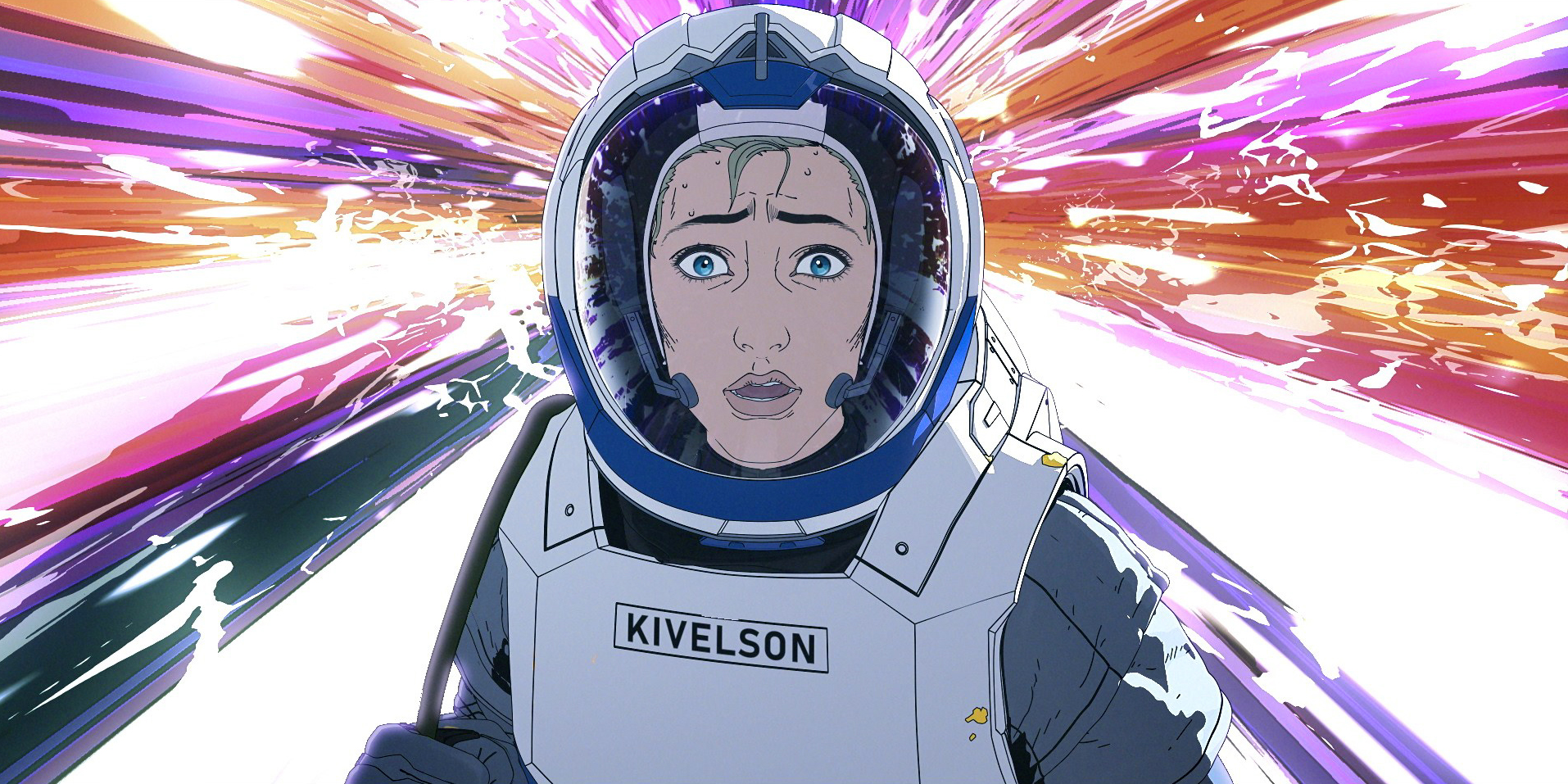
“Pop Squad” is a big one. There’s a lot of these that have this peak, and there’s clearly more work put into this than just the 15-minute window.
Tim Miller: The gun dropping on the ground in “Pop Squad.” At the end of “Pop Squad,” the discussions that we had over that ending and the way that was configured.
Jennifer Yuh Nelson: Yeah, that was a lot. The head animator was basically doing reference photos of the gun dropping, like over 4 hours.
Tim Miller: Yeah, it’s crazy, but the endings are so you can win or lose in that final moment and walk away satisfied or not. And so we always put a lot of care. We put a lot of care in everything. But particularly there. Somebody in the movie business once told me that if the first and third act are good, the second act can be shit and the audience will still feel good. I don’t take that attitude to heart, but there’s particular focus on satisfying ending to me.
You’ve also got your first sequel of the series is in season three. Was that something that was a natural evolution of the first one or was that story in your heads When part one of “Three Robots” was made?
Jennifer Yuh Nelson: I think that we never approach it as “let’s make sequels.” It’s not like that. It’s more like these characters are ones that people really liked. And we work with John Scalzi on a lot of the stories, and he loved the characters, too. And he was saying, “I wish we could do something more with these.” And so he came up with all these different scenarios of what we could do.
We had many different scripts or outlines for scripts that John had put together. Yeah. John wasn’t going to allow us to not do another Three Robots story. But people forget just how many, I mean, the Automated Customer Service was John’s, Alternate Histories was John’s the Yogurt one was John, both these Three Robots were John. To say I’m a John Scalzi fan is putting it lightly. And it’s not just that he writes great short stories, but he also writes novels. And I’ve read almost all of those, too. Old Man’s War. The whole series is great if you haven’t read it.
Well, whenever I try to pitch the show to someone, it’s always like, “What’s your entry point?”
Tim Miller: Yes. You got to know your audience. It’s very customized. We did try a little bit of that on season one where we led with different stories and we found that, generally speaking, leading with lighter stuff is the gateway drug to the hardcore stuff.
I love the harder stuff, but the lighter stuff to kind of get warmed up is super fun.
Tim Miller: Yeah. Especially if you’re not a committed genre fan. You might need to get massaged.
Check out our Love, Death & Robots interviews with directors Alberto Mielgo and Emily Dean.
Next: How Deadpool Made Love, Death & Robots Happen
Love, Death & Robots volume 3 is currently available to stream on Netflix.
